I’ve been guiding the fabulous folks at the University of Buffalo (and the team at their design partner mStoner) through the interviewing process this week. One of the university stakeholders for the project wanted to be interviewed as a participant–as someone who keeps track of what an organization is doing and crafts his decisions based on what he learns. As expected, the interview kept bouncing back to what this stakeholder does at the university, rather than branching out to similar habits he might have in other circumstances. When I tried to explore how he tracked information about other organizations than the university, he was surprised and said he wasn’t prepared to talk about other topics. It was disappointing because the other topic we glimpsed was unique to him, and I could sense that we would have been able to go deeper into what was motivating him.
That’s when it hit me. Perhaps instead of telling him we were going to interview him, we should have indicated it was going to be a more informal session. We should have said it would be conversational, where we talk about a variety of topics and follow branches in the stream of thought. Then the participant might have felt more relaxed about jumping to topics other than what he thought were “sanctioned” for the interview.
I mentioned to the team members that I thought the term “conversation” would be better to use than “interview.” They agreed and immediately changed the recruiting screener to use this word instead of “interview.” True, the definition of “conversation” is “an informal discussion or exchange of ideas,” which is not quite what we are doing, but it’s close. (We are listening rather than adding our ideas to the conversation.) The emphasis is on the informality of it. That’s what I like about it.

